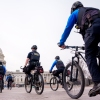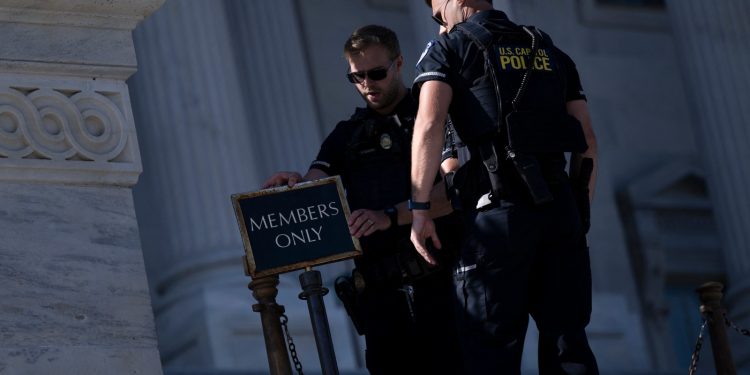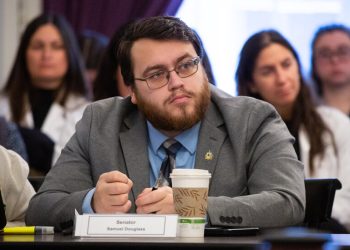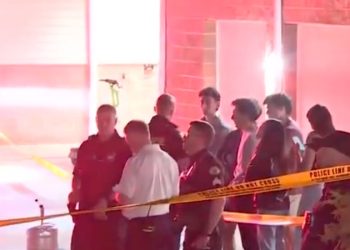U.S. Capitol Police close an entrance to the Capitol as the federal government continues its shutdown on October 9. Due to the shutdown, officers missed their first full paycheck on October 10.
Brendan Smialowski/AFP via Getty Images
hide caption
toggle caption
Brendan Smialowski/AFP via Getty Images
Most of the effects of the current government shutdown are being felt far from the halls of Congress.
But the situation facing one group of federal employees who are working without pay is hard for lawmakers to ignore: the Capitol Police officers who protect them every day.
The police officers did not receive their first full salary on October 10.
“They are asked to be all things to all people,” said Terry Gainer, former Capitol Police chief. “You have to be prepared to take very aggressive enforcement action at the drop of a hat, but you also have to be a person who will welcome visitors and be a tour guide.”
Gainer says the task is more difficult than ever, as public officials face increasing threats and violence.

Gesturing toward two officers guarding the Senate’s ornate reception room, Sen. Katie Britt, R-Ala., said she feels compassion for the force’s more than 2,000 officers and that Democrats are to blame for the standoff.
“These men and women are paying the price,” Britt said. “It’s absolutely selfish and ridiculous. It’s heartbreaking. People have mortgages, they have families.”
Officer Gus Papathanasiou, president of the Capitol Police union, called on lawmakers last week to end the shutdown, writing in a statement that “banks and landlords are not giving my officers a pass.”
Rep. Joe Morelle, D-N.Y., who sits on the House committee that oversees the force, says he has stayed in contact with Papathanasiou and Capitol Police Chief Michael Sullivan.
“What I find really strange is that there doesn’t seem to be any negotiations going on and yet we’re walking among people who are directly affected by this,” Morelle said.

The Trump administration has announced plans to reallocate funds to pay federal law enforcement during the shutdown, although Democrats have questioned the legality of the move.
“I’m not unhappy with this result if that’s the case,” Morelle said. “But I remain conscious of the fact that what the president is talking about, whether it’s military troops or law enforcement, it’s blatantly illegal,” he said.
Morelle says the missed checks aren’t the only affront, saying officers felt stung when some Republican lawmakers didn’t oppose President Trump’s pardons for the rioters who attacked the Capitol on Jan. 6. He notes that a Jan. 6 memorial plaque honoring the officers who defended the Capitol is still not installed on Capitol Hill, despite a federally imposed deadline.
“We have always stood with the Capitol Police and law enforcement and we have shown that in word and deed,” House Speaker Mike Johnson, R-La., told reporters last week.
“All of a sudden, after all these issues where they were frankly insulting members of the Capitol Police, now they’re going to say, ‘Well, we really care about them,'” Morelle said.
Gainer, the former Capitol Police chief, said officers continue to do their jobs professionally, but each slight makes it harder to convince them that the long hours and personal risk are worth staying.
Last week, Rep. Nanette Barragán, D-Calif., briefly confronted an officer during a protest, prompting the Capitol Police union to demand an apology. Barragán said the officer grabbed her as she tried to enter Johnson’s office.
“One of the skills we require of police officers is their ability to remember, because you are good witnesses,” Gainer said. “So your memory isn’t wiped, but what you’re trying to do is reset the clock.”
When asked this week if they had held on during the shutdown, a group of officers said they were – “for now”.
But one officer had an addendum to that assessment.
“Give it a month, maybe not,” he said.









